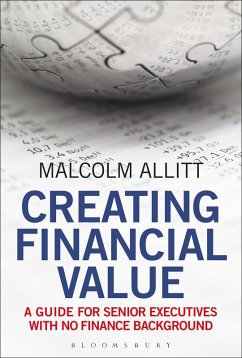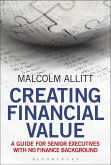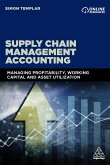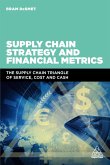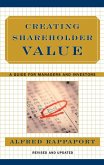How many senior executives and managers are able to reach the top with little or no financial training? They may have been appointed to the executive board as a result of their expertise in marketing, HR, sales or IT, yet every board member has a responsibility to make informed decisions on proposed financial actions - decisions which inevitably affect the value of their business.
Offering straightforward and practical advice, Creating Financial Value will equip those who are not financial specialists with the necessary knowledge not only to contribute fully to important discussions on policy and strategy, but also to develop sound business proposals, or to competently cross-examine the proposals of others. Through examples from a range of business disciplines, the book explains in simple, digestible terms how a business creates financial value, and how a non-financial manager can confidently take an active role in the process. Once read, the book will provide an essential resource that can be referenced time and again.
Malcolm Allitt punctures the myths surrounding 'shareholder value' and looks behind the finance jargon to define the boundaries between what a non-specialist should know and when it is good practice to seek the advice of financial specialists. This book is key reading for anyone from a non-financial background who wants to execute their increasingly broad responsibilities competently and confidently, without the need to become experts themselves.
Offering straightforward and practical advice, Creating Financial Value will equip those who are not financial specialists with the necessary knowledge not only to contribute fully to important discussions on policy and strategy, but also to develop sound business proposals, or to competently cross-examine the proposals of others. Through examples from a range of business disciplines, the book explains in simple, digestible terms how a business creates financial value, and how a non-financial manager can confidently take an active role in the process. Once read, the book will provide an essential resource that can be referenced time and again.
Malcolm Allitt punctures the myths surrounding 'shareholder value' and looks behind the finance jargon to define the boundaries between what a non-specialist should know and when it is good practice to seek the advice of financial specialists. This book is key reading for anyone from a non-financial background who wants to execute their increasingly broad responsibilities competently and confidently, without the need to become experts themselves.

